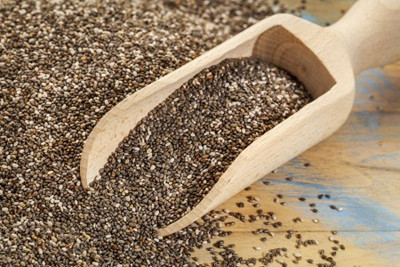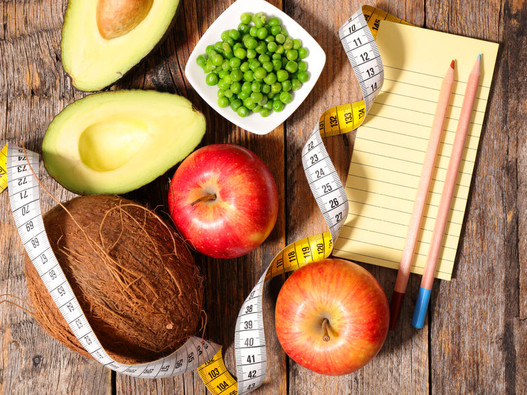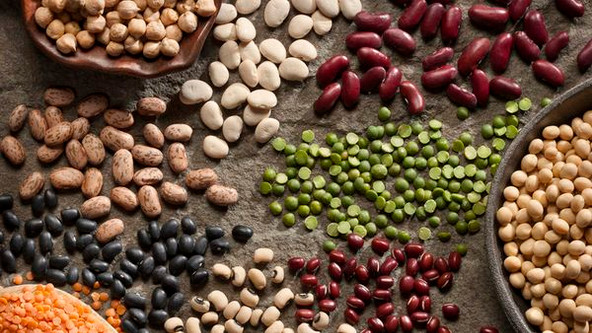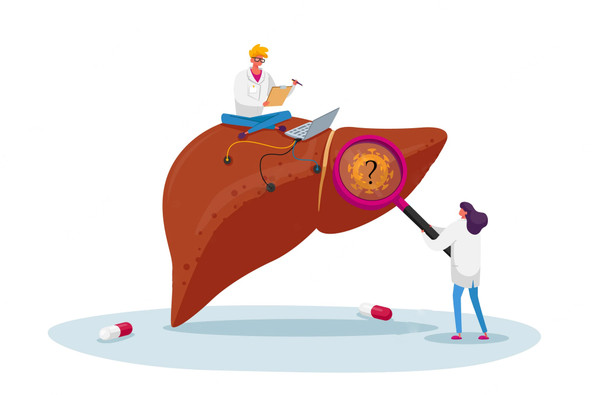Nov 3rd 2025
Chia Seed
Q: I would like to know your views on the chia seed as being the new super food. A: Chia has both nutritional and medicinal benefits. The seeds are an excellent source of essential fatty acids and are a great addition to a healthy diet. Chia is a member of the mint family. The seeds are either white or black and both types are highly nutritious. Originally grown in Mexico and the Southwest between 1500 and 910 B.C., Chia seeds were an important part of the Aztec and Mayan diet. Aztec warriors used Chia as their main source of fuel during conquests. Medicinally, they also used it to relieve joint pain and stimulate saliva. Although once a major crop in Mexico, it was banned after the Spanish conquest due to its association with Aztec religion where it was used as an offering during religious ceremonies and ritual. Commercial production is increasing and you can now find Chia seeds online as well as in many health food stores. Chia Seeds do the following: Supports Heart Health…
read more Fuel your life with the purest vitamins
Fuel your life with the purest vitamins












